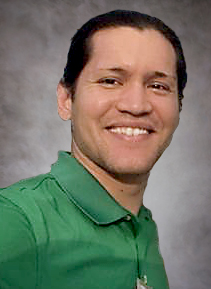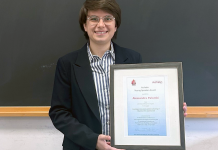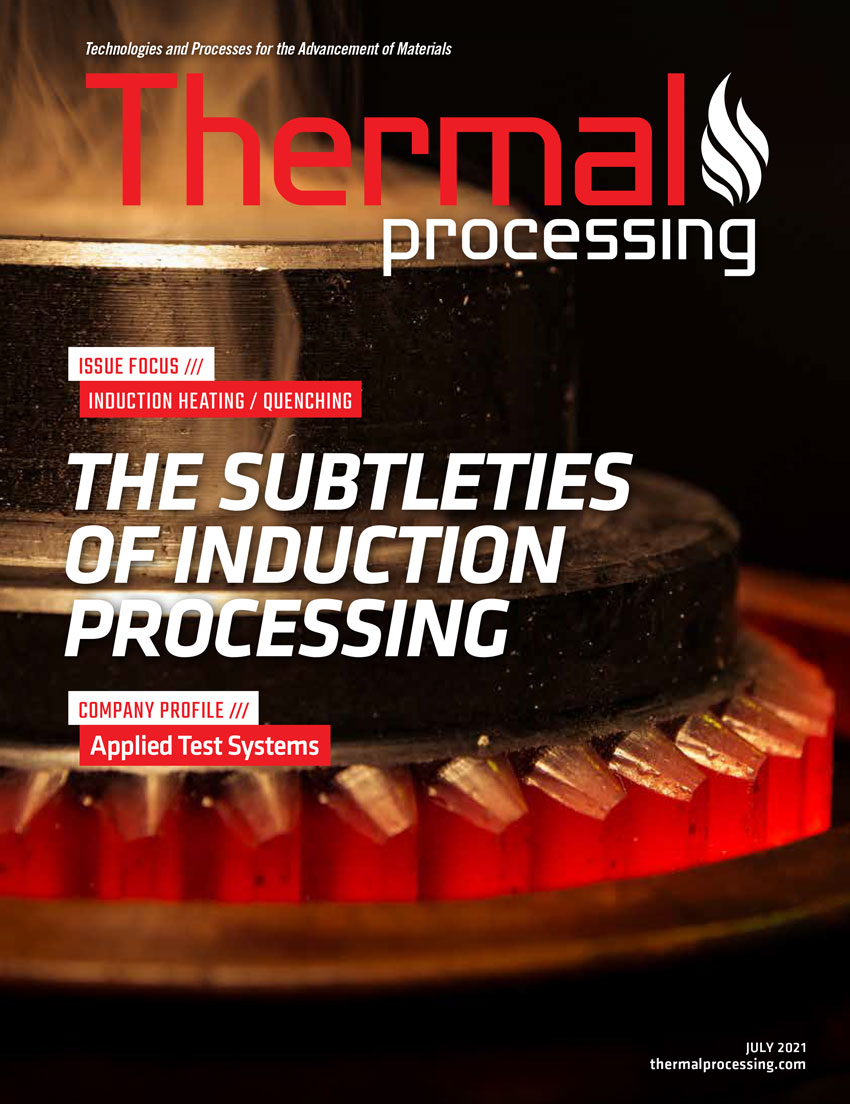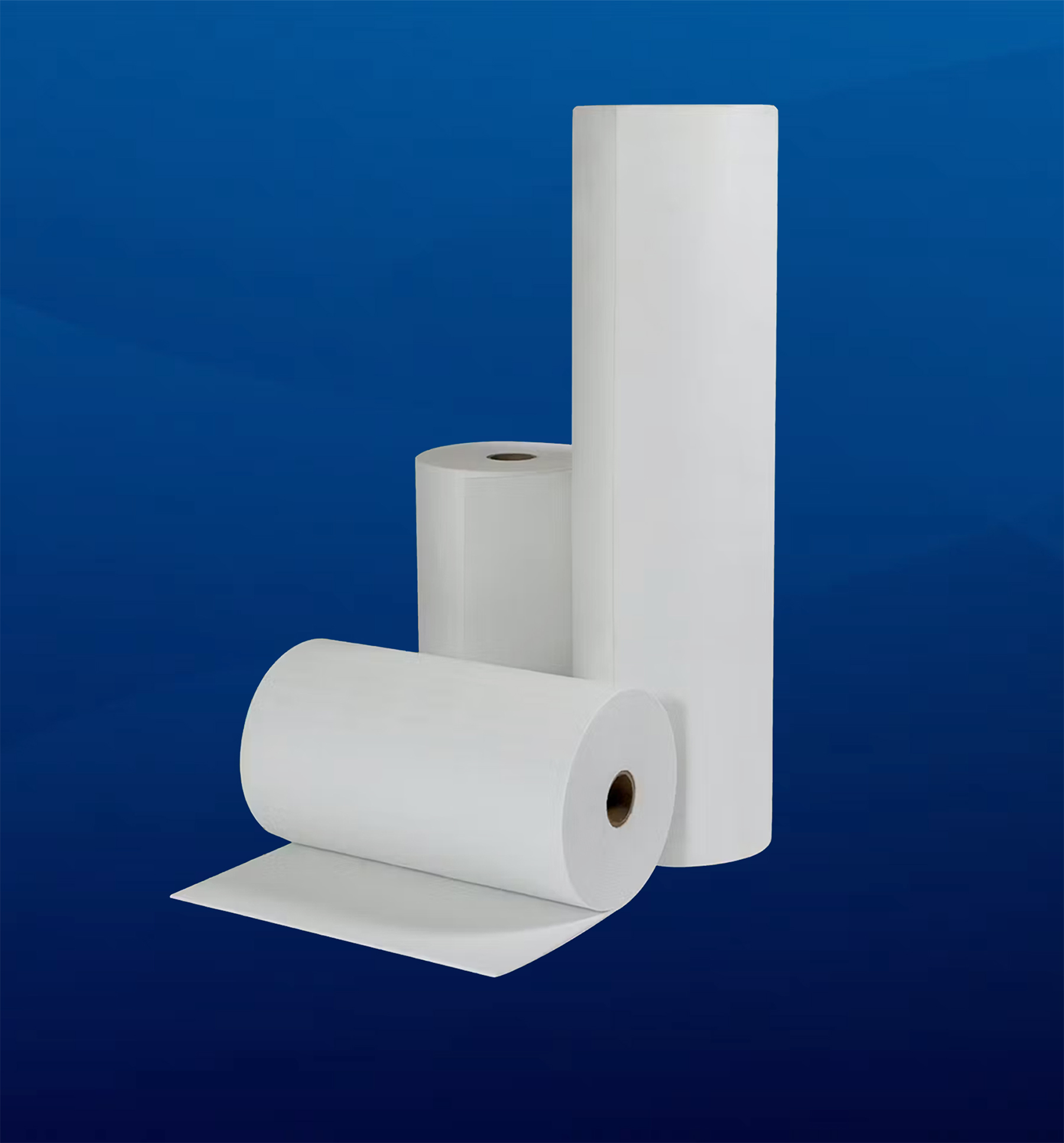
There are obviously a lot of factors that go into making a company successful. Probably the biggest factor is the people who work there. There are employees who love their jobs, employees who don’t love their jobs, and employees somewhere in between. Finding a company culture that encourages all employees to feel invested, valued, and productive is a tricky prospect.
There is a known paradox in the psychology world based on psychologist Mihaly Csikszentmihalyi’s famous studies on the concept of “flow” — a state of total being consisting of joy, creativity, and total involvement in life. He found a contradiction of the opportunities of this concept of flow at work, with the perception of what work actually was to the participants. What most of American culture generally considers “work” — a 9 a.m. to 5 p.m., Monday through Friday, retire in 40 years model — provides ideal characteristics that can bring about this state of flow. It provides structure, rules, objectives, development of skills/talents, and competition — a game, in a sense.
However, when interviewing the participants about the study after statistically showing more states of flow at work than at leisure, participants contradicted their own results indicating they would rather be on vacation than at work as they had convinced themselves there was more joy, creativity, and total involvement on the beach. They were supposedly happier.
Defining Flow
Flow is the state in which runners reach what is called a runner’s high after long miles and miles. Or, it is described by the superstar athlete from the championship game in an interview stating he or she “was in the zone” after a record-breaking game. Flow could arguably be described as partying on the beach.
What is interesting is people find this zone and flow state more times at work than they do while performing leisure activities. But when asked where they would rather be, the answer wasn’t “at work.” It was wanting to be doing more leisure activities. Work provides structure with meetings and expectations; sitting at the beach does not (aside from the cooler needed for partying). Work provides a test of skills; sitting at the beach does not (aside from the occasional jump in the water to cool off). Work provides challenges, a chance to make something (aside from the sand castle with a water moat).
So, why the misperception?
Defining Work
“Work” is a noun when used in the context of “the place you work.” Work is a verb when used as, “I would rather work on my truck.” Our bodies work every day to move us around from the bed, to the car, to the office, back to the car, and back to the bed. Our lives every day consist of getting up, playing out the meetings, activities, and events of the day, and going back to bed. This describes most American lives in its most bleak description. Work is seemingly boring; certainly it’s often perceived as boring. Work is painted as something to dread due to the misalignment of the company goals and one’s own life goals. The idea that an employee at a company is “making money for someone else’s dream” can cripple an employee’s psyche if the workplace culture isn’t properly set up to prevent that.
Defining Play
“Play” is a noun when used in the context of “we saw the play.” Play is a verb when used as, “I like to play golf, but don’t like playing those political games at work.”
After failing to make the college golf team my freshman year in college, I was very humbled and convinced that I would never be a professional golfer. Knowing I had to “go pro” in something other than sports, I couldn’t get away from the idea of me being the lucky one on TV playing a game of golf for money and the other idea of facing this supposed game of life called “going to work.” At first, it was crippling to know I had to shuffle in and find my cubicle where my employee number potentially identified me if I somehow drowned in the sea of work and papers on my desk.
Toward a New Type of Work
Let’s face it. No athlete who becomes a superstar in the sport they play does it without putting in a great deal of hard work. In the same vein, no company employee becomes a great worker without bringing a sense of play to the challenges and skills required at the company. The language of a company is insight as to the values it imposes through the culture it hopes to create. There isn’t one task or event that automatically makes a company be seen as a great company to work for, where people want to work on the actual business.
And if the company culture could design the meetings, the dialogues, the activities both in the office and out of the office to make work also seem like play for every team member involved, the company can begin to really grow. Employees would be engaged, excited to show up. Who would have thought of that? The sense of a challenge — the thrill of the game — can be energizing.
Work must be recognized as a chance for creation, a chance for individuals to feel success (and not just the paycheck being cashed in every pay period). Csikszentmihalyi convinced me that if I could recognize challenges and anticipate success, make games to excel, I would get more out of life and out of the work that I do. That work would feel more like play and — as the cliché goes — “love what you do, and you never work another day.” I could find the zone with whatever I was doing, be it hitting a golf ball or sending out a report.
That is the work and play we need to develop as a workplace culture. That vacation can still be taken and enjoyed (and, yes, drinking beers and building the epic sand castle still counts), but viewed as halftime shows after which employees are excited to get back into the game. This type of game isn’t finite, though. It is an infinite game, as Simon Sinek suggests in his book The Infinite Game. Employees don’t win at business. People don’t win at life. We win (and the company wins) when we think of it as developing a mindset of work and play for each and every individual at the company.
For more reading
- Csikszentmihalyi, Mihaly. Flow: The Psychology of Optimal Experience. New York: Harper & Row, 1990.
- Sinek, Simon. The Infinite Game. Portfolio Penguin, 2020.


























